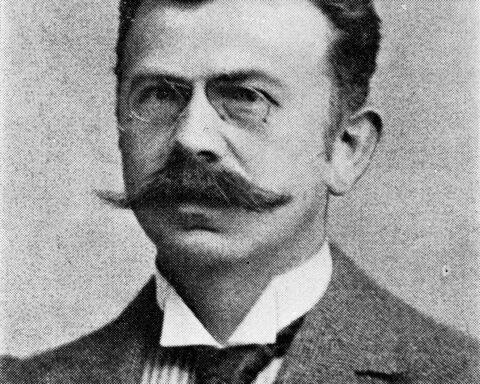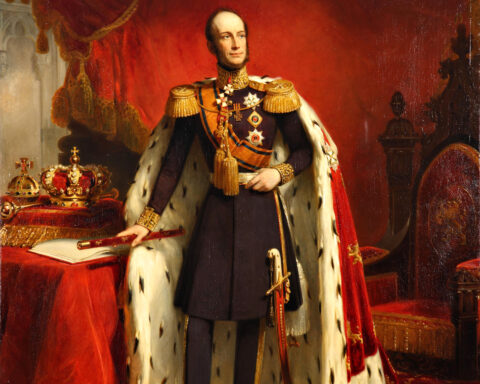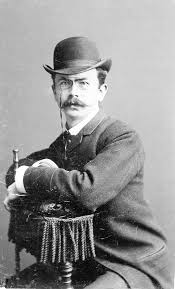Adam Smith, moral philosopher and economist, shaped modern economics through ethical inquiry and market theory. His 18th-century works on sympathy, self-interest, and free markets remain central to economic and societal thought.
A student of ideas
Born in Kirkcaldy and baptised on 5 June 1723, Adam Smith was raised by his mother following his father’s death. At 13, he began his studies at the University of Glasgow under philosopher Francis Hutcheson. This early exposure to Enlightenment thought shaped his views on morality and society. He later attended Balliol College, Oxford, though he found its teaching methods uninspiring. Returning to Scotland, Smith began delivering public lectures in 1748, which earned him recognition. Within a few years, he became Chair of Logic and, soon after, Chair of Moral Philosophy at the University of Glasgow. These years were critical in developing the ideas he would later publish. He remained in Glasgow for over a decade, where his thinking matured, and where he produced work that connected ethics, law, economics, and governance in a coherent intellectual framework.
From sympathy to self-interest
In 1759, Adam Smith published The Theory of Moral Sentiments, a work exploring human behaviour and moral judgement. He introduced the concept of “sympathy” as a way people understand each other’s emotions, and the “impartial spectator” as a moral guide. These ideas placed ethical reflection at the heart of public life. His best-known work, The Wealth of Nations, appeared in 1776. It argued against mercantilism, proposing instead that a nation’s wealth lies in its productive labour. Adam Smith introduced ideas such as division of labour, market pricing, and competition, presenting the economy as a self-regulating system. His concept of the “invisible hand” suggested that individuals pursuing their interests could unintentionally promote the public good. He saw markets not as chaotic but as systems shaped by human behaviour and guided by institutional design.
“It is not from the benevolence of the butcher, the brewer, or the baker, that we expect our dinner, but from their regard to their own interest.”
A lasting intellectual legacy
Adam Smith continued to refine his theories until he died in 1790. His work influenced economic thinkers from David Ricardo to Milton Friedman. While The Wealth of Nations established his reputation in economics, his earlier moral philosophy remained essential to his overall vision. Adam Smith believed that markets function best within ethical and legal frameworks, not in isolation. He supported limited government roles—defence, justice, and public works—necessary for a functioning economy. Across his writings, Adam Smith presented a vision of society where personal interest and moral duty are not mutually exclusive. His legacy extends far beyond economics; it lies in the integration of ethics, law, and public policy into a coherent vision of modern civic life.



















